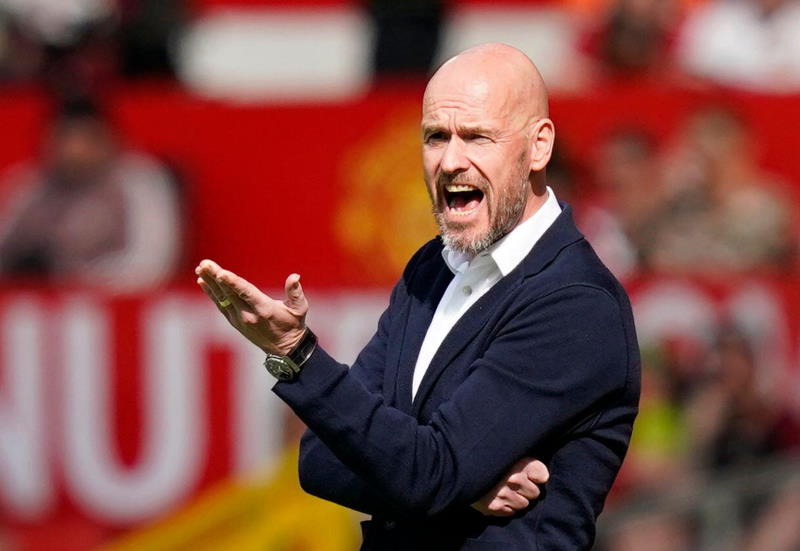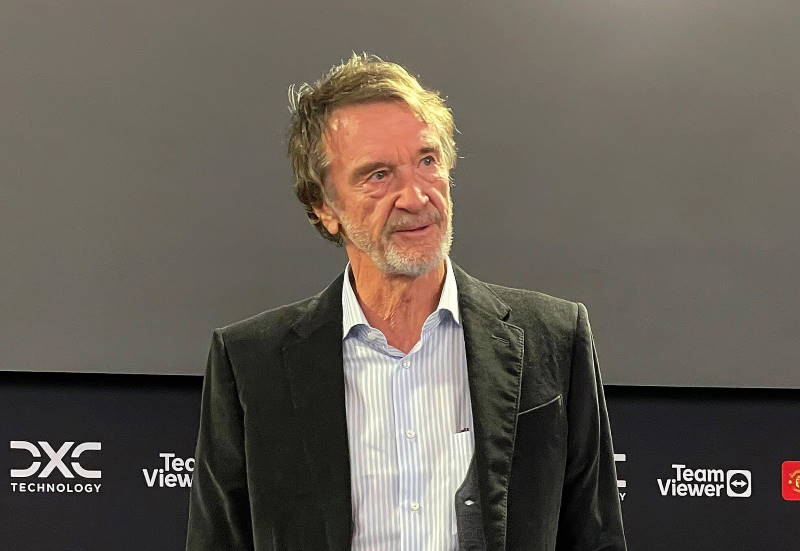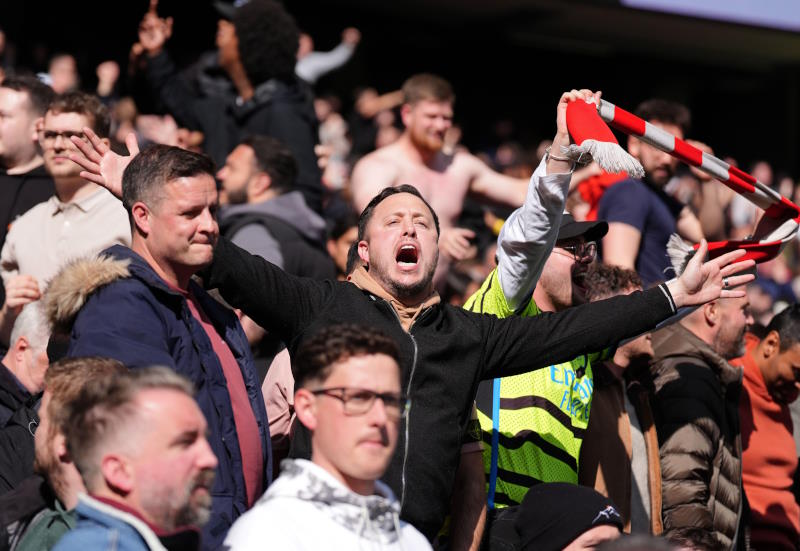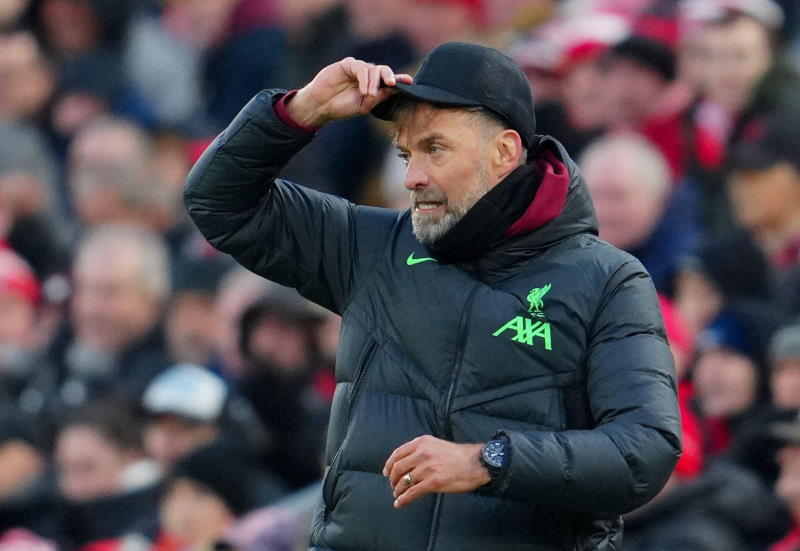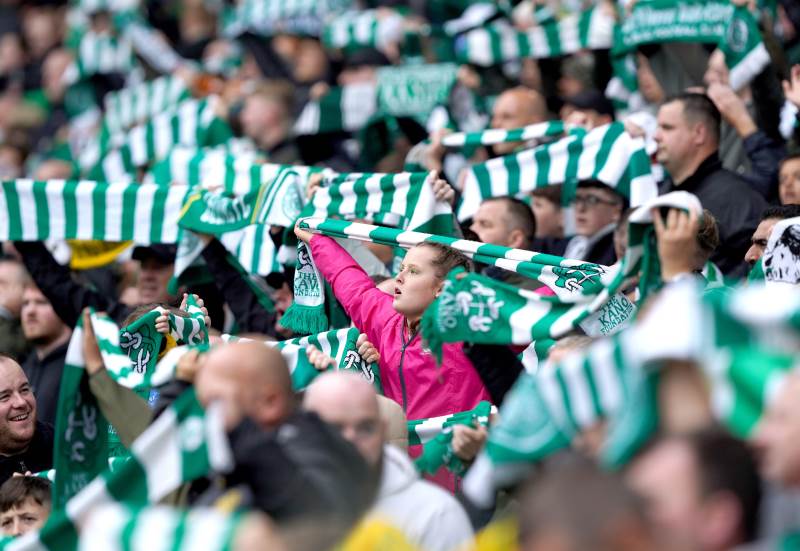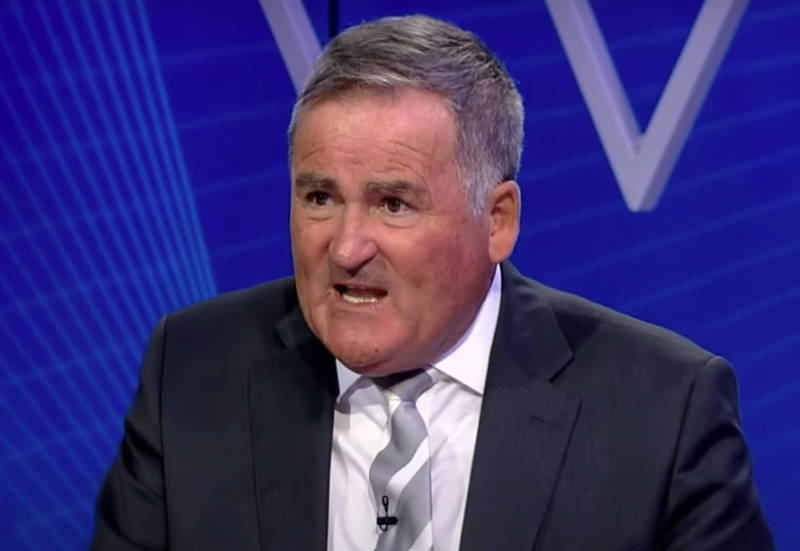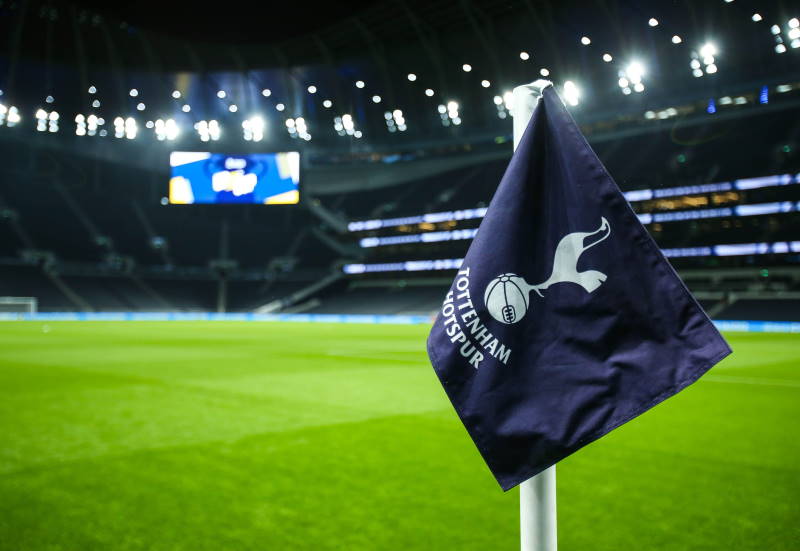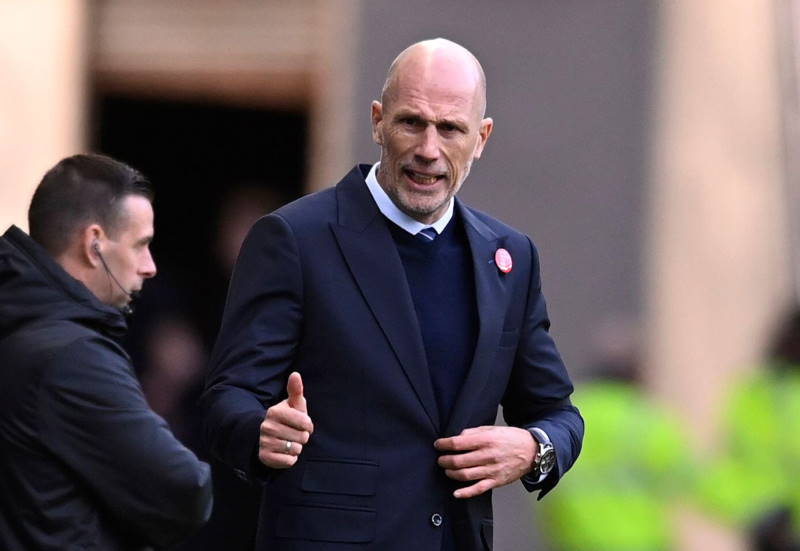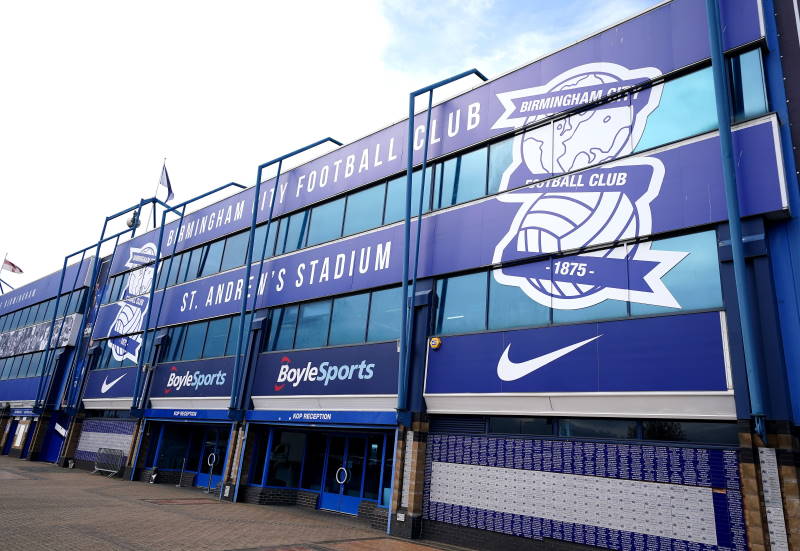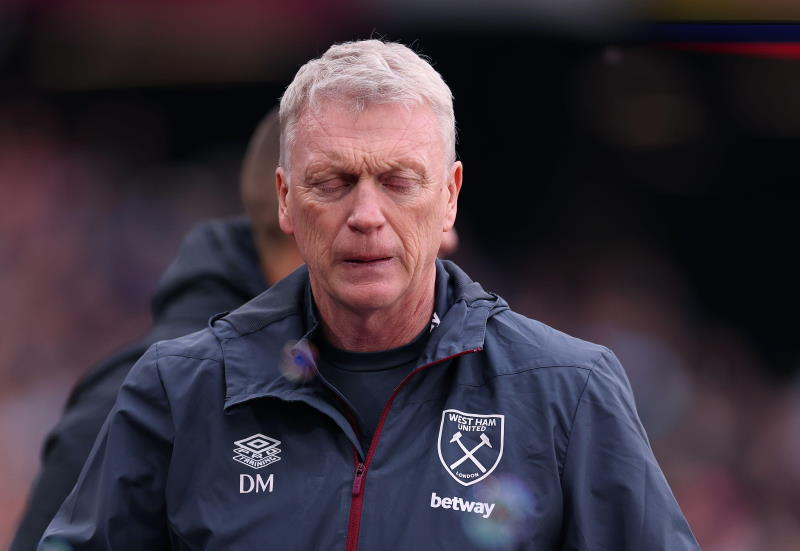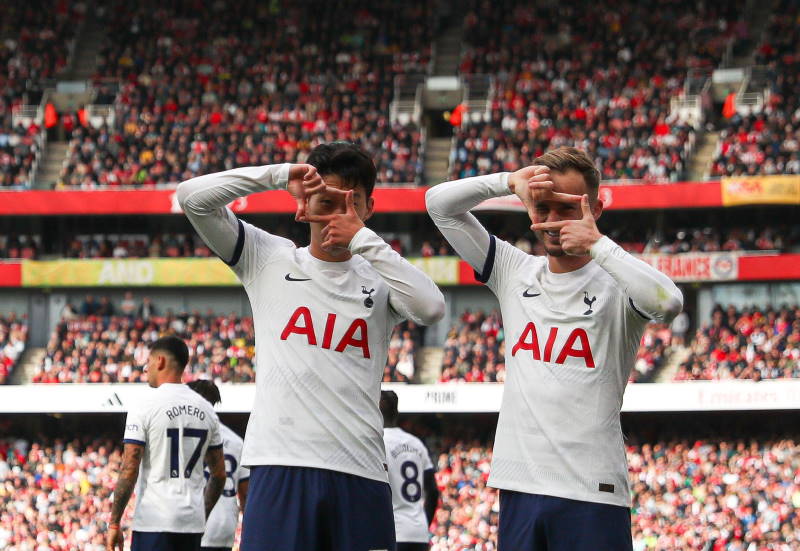
The years 1970 and 1996 are forever etched into the memory of supporters of Universidad de Chile as those were the two occasions on which they came closest to reaching the final of the Copa Libertadores – South America’s Champions League. Beaten semi-finalists both times, they go into the first leg of this year’s final four tie with Chivas de Guadalajara of Mexico hell bent on writing 2010 into the history books as the year the second most successful team in Chilean domestic football finally reached their first continental final.
Commonly known as ‘La U’, the club’s reputation was built upon their startling success in a ten year span between 1959-69, in which they won six league titles playing a highly attractive brand of football that earned them the nickname ‘Ballet Azul’ – ‘The Blue Ballet’. But, as successful as their were at home, they were unable to translate that form into the burgeoning Copa Libertadores – staged for the first time in 1960 – failing to make it out of the group stage on any of the five occasions on which they competed in that period.
The 1970 side had lost a couple of the key elements of the Ballet Azul in coach Luis Alamos and star striker Leonel Sanchez, but nevertheless easily bettered their previous Copa Libertadores performances, making it through the initial group stage in second before defeating the previous year’s beaten finalists Nacional in the second stage. “It was not the Ballet Azul, but definitely an extension of it,” explains Guillermo Yavar, a forward in the 1970 side. “We were a machine; very difficult to defeat.”
Defeat did come though in the semi-final against Penarol of Uruguay. A 1-0 victory in Santiago was followed by a 2-0 defeat in Montevideo, which under the rules of that year’s competition meant the teams would playoff at a neutral venue to decide which of them would progress to the final. In Avellaneda, Argentina, Universidad led 2-1 until a mistake from goalkeeper Adolfo Nef allowed Ermindo Onega to equalise and send Penarol through to the final by virtue of a better goal difference over the three games.
It wasn’t until 1996 that ‘La U’ were again able to reach the semi-finals of the Libertadores with a stylish team coached by the Argentine Miguel Angel Russo and featuring his countryman Leonardo Rodriguez alongside Esteban Valencia, the prolific Marcelo Salas and experienced midfielder Victor Castañeda. “The 96’ team played very well, with great control over the ball,” remembers Rodriguez. “We had players who could make the difference.”
In a tough competition, they qualified second from their group, dispatched of Defensor Sporting on penalties in the second round and then recorded a comfortable 3-1 aggregate victory over Barcelona of Ecuador at the quarter-final stage.
Next up, though, were Argentine giants River Plate with a formidable lineup featuring household names such as Matias Almedya, Leonardo Astrada, Ariel Ortega, Enzo Francescoli and Hernan Crespo. It proved to be a bridge too far for Russo’s men who, despite giving an excellent account of themselves, eventually went down 3-2 on aggregate amidst controversy over a clear foul on Valencia by the River goalkeeper that was not given by Ecuadorian referee Alfredo Rojas. Mention of his name still provokes anger from Universidad supporters to this day.
When the club declared bankruptcy in 2006 there were few who would have imaged that a mere four years later they would again reach the semi-finals of the Copa Libertadores. But despite inconsistent domestic results, a triumph in the 2009 Apertura was enough to qualify them for this year’s competition. Under the tutelage of free-thinking Uruguayan coach Gerardo Pelusso they have impressed with their brand of resolute defending and swift counter-attacking that has seen them go unbeaten in topping their group and dispatching of Alianza Lima and Flamengo in the knockout rounds.
Their 3-2 victory away to Rio giants Flamengo in the quarter-final was particularly impressive. Pressing high up the field early on, they prevented the home side from establishing a rhythm and raced into a two goal lead. Reduced to ten men on the stroke of half-time and with the score at 2-1, many sides would have folded after the break, but Universidad defended superbly whilst still maintaining a threat on the counter-attack, chiefly through a superb performance from their Argentine playmaker Walter Montillo.
Comparisons between sides from different eras are often arduous, but Alberto Quintano, a defender in the 1970 side, believes the Flamengo victory displayed the clear similarities between his and the current side. “With respect to all, the 96’ were very good, played better football and were more technically refined. Our team was more hardened, like the current one.” Sergio Vargas, the goalkeeper for the 1996 side agrees, but believes the general lack of panache in the current side will be forgiven should they reach the final. Universidad supporters long starved of continental success will surely agree.

